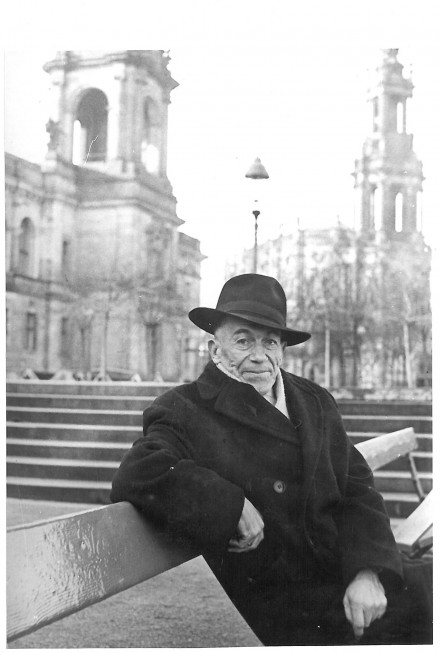Those who know and love Lewis Caroll’s “Alice in Wonderland “ and “Through the Looking-Glass”, will certainly remember the “Jabberwocky”:
‘Twas brillig, and the slithy toves
Did gyre and gimble in the wabe:
All mimsy were the borogoves,
And the mome raths outgrabe.
“Beware the Jabberwock, my son!
The jaws that bite, the claws that catch!
Beware the Jubjub bird, and shun
The frumious Bandersnatch!”
He took his vorpal sword in hand:
Long time the manxome foe he sought —
So rested he by the Tumtum tree,
And stood awhile in thought.
And, as in uffish thought he stood,
The Jabberwock, with eyes of flame,
Came whiffling through the tulgey wood,
And burbled as it came!
One, two! One, two! And through and through
The vorpal blade went snicker-snack!
He left it dead, and with its head
He went galumphing back.
“And, has thou slain the Jabberwock?
Come to my arms, my beamish boy!
O frabjous day! Callooh! Callay!”
He chortled in his joy.
`Twas brillig, and the slithy toves
Did gyre and gimble in the wabe;
All mimsy were the borogoves,
And the mome raths outgrabe.
The translation of such a poem is a real challenge. I like the German version which begins like that:
DER JAMMERWOCH
Es brillig war. Die schlichte Toven
Wirrten und wimmelten in Waben:
Und aller-muemsige Burggoven
Die mohmen Räth’ ausgraben…
The version for the French:
LE JASEROQUE
II brilgue: les tôves lubricilleux
Se gyrent en vrillant dans le guave,
Enmimés sont les gougebosqueux,
Et le mômerade horsgrave…
For those who read Russian:
БАРМАГЛОТ
Варкалосъ. Хливкие шорьки
Пирялись по наве,
И хрюкотали зелюки,
Как мюмзики в мовел…
Another one I love a lot is the Bulgarian one:
ДЖАБЕРУОКИ
Бе сгладне и честлинните комбурси
тарляха се и сврецваха във плите;
съвсем окласни бяха тук щурпите
и отма равапсатваха прасурси.
And now the musical version for 6 hands and soprano for all! Enjoy:
[youtube]http://www.youtube.com/watch?v=o4Z0ajqH-Oo&feature=related[/youtube]











